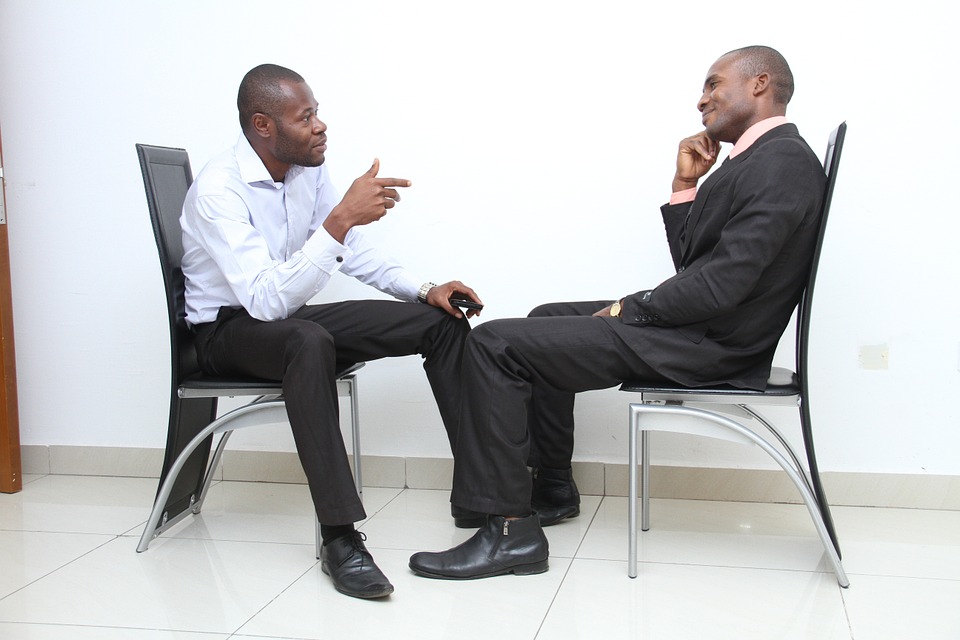You’re probably tired of hearing the same old interview tips about dressing professionally and being punctual; we certainly are. These are just basic requirements when it comes to securing a new job – if you can’t even dress yourself properly, then you need more than just interview tips; you need a few more years in school. Today, we’ll look at some lesser-known aspects of interviews and how you can present yourself as an exceptional candidate at every opportunity.
Take care of your social media presence. Employers now often check candidates’ social media accounts before an interview. This means you should remove any inappropriate content, such as pictures from questionable situations or parties, that may harm your chances of being considered. A service like Social Sweepster can help you easily identify and clean up any posts that may need your attention.
Stay informed using Google Alerts. It’s a good idea to keep up-to-date with the latest developments of the company you’re interviewing with. Google Alerts is a useful tool that can provide you with daily updates on any news related to the company. Simply visit the Google Alerts page, type in the company’s name in quotation marks (e.g., “Microsoft”), provide your email address, and wait for relevant alerts.
Schedule your interview wisely. According to Glassdoor’s research, the best time to schedule your own interview is at 10:30 a.m. on a Tuesday. Mondays and Fridays are generally unfavorable for interviews as interviewers may be distracted or tired. Tuesdays provide a balance of being relatively less tired and still focused on their work. However, if the job vacancy needs to be filled urgently, it’s best to opt for the earliest available time slot.
Use subtle visual cues to initiate conversation. From wearing an interesting tie to sporting an eye-catching pendant, you can use these small visual cues to help create initial conversations with the interviewer. This can be particularly helpful when interviewers need to meet multiple candidates in a day, as it helps form a bond that increases your chances of securing the job.
Make the most of the weakness question. During every interview, you can expect a question about your greatest weakness. However, many people miss the opportunity that this question presents. Instead of giving a cliché answer like “I’m a perfectionist,” use it as a chance to showcase your self-awareness and problem-solving skills. For example, you can mention a weakness related to being overly confident in meetings and explain how you address it by actively listening to others and soliciting their opinions.
Demonstrate problem-solving skills throughout the interview. Remember that companies hire people to solve their problems, so it’s important to consistently demonstrate your problem-solving abilities during the interview. Clearly articulate the problem you faced, explain how you tackled it, and highlight the positive outcomes that resulted from your actions.
Structure your self-introduction. When asked to tell the interviewer about yourself, avoid rambling on aimlessly or responding with “what would you like to know?” Instead, use this opportunity to showcase how your previous experiences and achievements make you a valuable candidate for the position. Focus on your most recent job and highlight your accomplishments in other roles or educational backgrounds. Keep your response short and engaging, ideally under one minute.
Be prepared to address failure. Be honest about your past mistakes and show the interviewer that you have learned from them. Recruiters understand that no one is perfect, but they want to see how you handle and grow from your failures. Prepare specific instances of failure and explain your responsibility, the decisions you made, the outcome, and how you learned from it to benefit your employers.
Think critically for questions requiring analysis. More companies are now asking tough questions that require analytical thinking during interviews. The purpose of these questions is not to get the correct answer, but to understand your problem-solving approach. Instead of giving a random answer, carefully analyze the question and talk through your thought process out loud. Show that you can think critically and problem-solve, even if you don’t have all the necessary data.
Follow up after the interview. Send a follow-up email to thank the recruiter for the opportunity and inquire if they need any additional information from you to aid their decision-making process. It’s best to send this email within a day of the interview to demonstrate your gratitude, consideration, and ongoing interest in the position. This also helps keep your candidacy fresh in the recruiter’s mind during the decision-making process.
